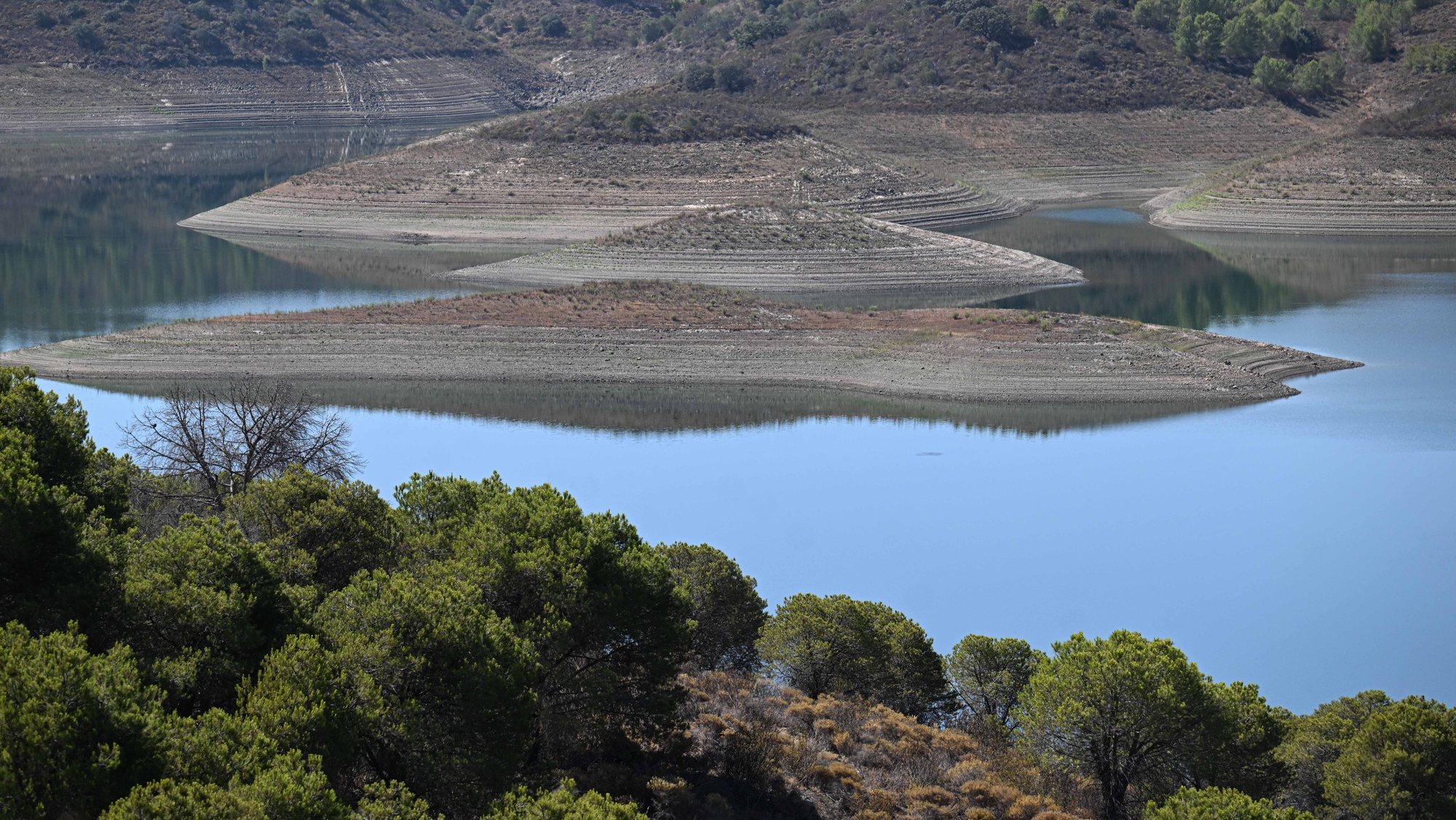The president of the Intermunicipal Community of the Algarve (AMAL) warns that, if it does not rain in the coming months, “tougher” measures will have to be taken, despite the fact that the south of the country has saved 8% in water consumption this summer.
The municipalities of the Algarve approved in March a set of measures to combat the drought in the region, such as the closure of some public swimming pools in summer, the limitation of irrigation in green spaces or their conversion with species that need less water.
“The swing [das medidas de luta contra a seca] is positive. But the situation is not positive. it’s getting more and more worrying“, António Miguel Pina told the Lusa agency.
The president of AMAL warned that, if it continues without rain until the end of the year, “tougher measures” will have to be taken, such as reducing “partly or totally” the access of agriculture to available water or “constraining” consumption public through a “significant increase” in the rate.
António Miguel Pina, who is also the mayor of Olhão, estimated in 8% reduction in water consumption achieved with the measures that AMAL took this summer, compared to 2019, as well as with a “greater awareness” of the population about the problem of water scarcity.
The 16 mayors of the Algarve decided last July to close the municipal public swimming pools during the month of August, a measure that was extended until the end of September, with the exception of the swimming pools open in the innermost territories.
The Intermunicipal Council also approved, at the same time, the closure of ornamental fountains, the reduction of irrigation days and the cessation of irrigation of public green areas with lawns converted to native species and with lower water availability needs.
According to data from the Portuguese Environment Agency (APA), The Algarve dams are currently only 90 cubic hectometres (millions of cubic meters) of water in reserve, when annual public (urban) consumption is 72, rising to 110 if the consumption of agricultural units is added.
“That means that if it doesn’t rain more than last year there will be no water to continue serving both types of consumption,” said the mayor, who last week chaired an AMAL meeting in which a review of the situation was made. . on the matter with the presence of various technicians from the sector.
At the meeting, it was decided to wait until the end of the year, which coincides with the first three months of the beginning of the hydrological year (the rainy season, which begins on October 1), so that, in January, the Algarve municipal authorities They reassess the situation.
At that time, if it doesn’t rain more than last year […] We will perhaps have to take tougher measures, such as partially or totally reducing access to this water by agriculture”, said the president of AMAL.
Another measure that “can” be taken is, “eventually, to curb public consumption through an increase” in water rates, as the government had suggested in August.
The executive announced at the time that, in order to deal with the drought situation, he would recommend increasing the water tariff for the largest consumers (from 15 m3) in 43 municipalities in the most critical situation, including three in the Algarve (Lagos, Vila do Bishop and Aljezur).
The Government also suggested that municipalities apply “temporary suspension of non-essential uses of network water”namely, cleaning of streets, patios and containers, irrigation of gardens and green areas, refilling of swimming pools, decorative fountains and activities with large consumption of water, among other measures.
The tariff increase, according to the Environment Minister, Duarte Cordeiro, should target consumers of more than 15 cubic meters of water, with the average consumption of a family being around 10 cubic meters.
On the occasion, Duarte Cordeiro explained that the rate increase is intended for the 43 municipalities with less water, adding that “nothing prevents other” municipalities from doing so.
António Miguel Pina concluded that these measures will be “on the table” at the meeting that AMAL will hold in January and, “until then, the municipalities of the Algarve will maintain the water-saving measures and hope that nature is favourable.”
Source: Observadora
